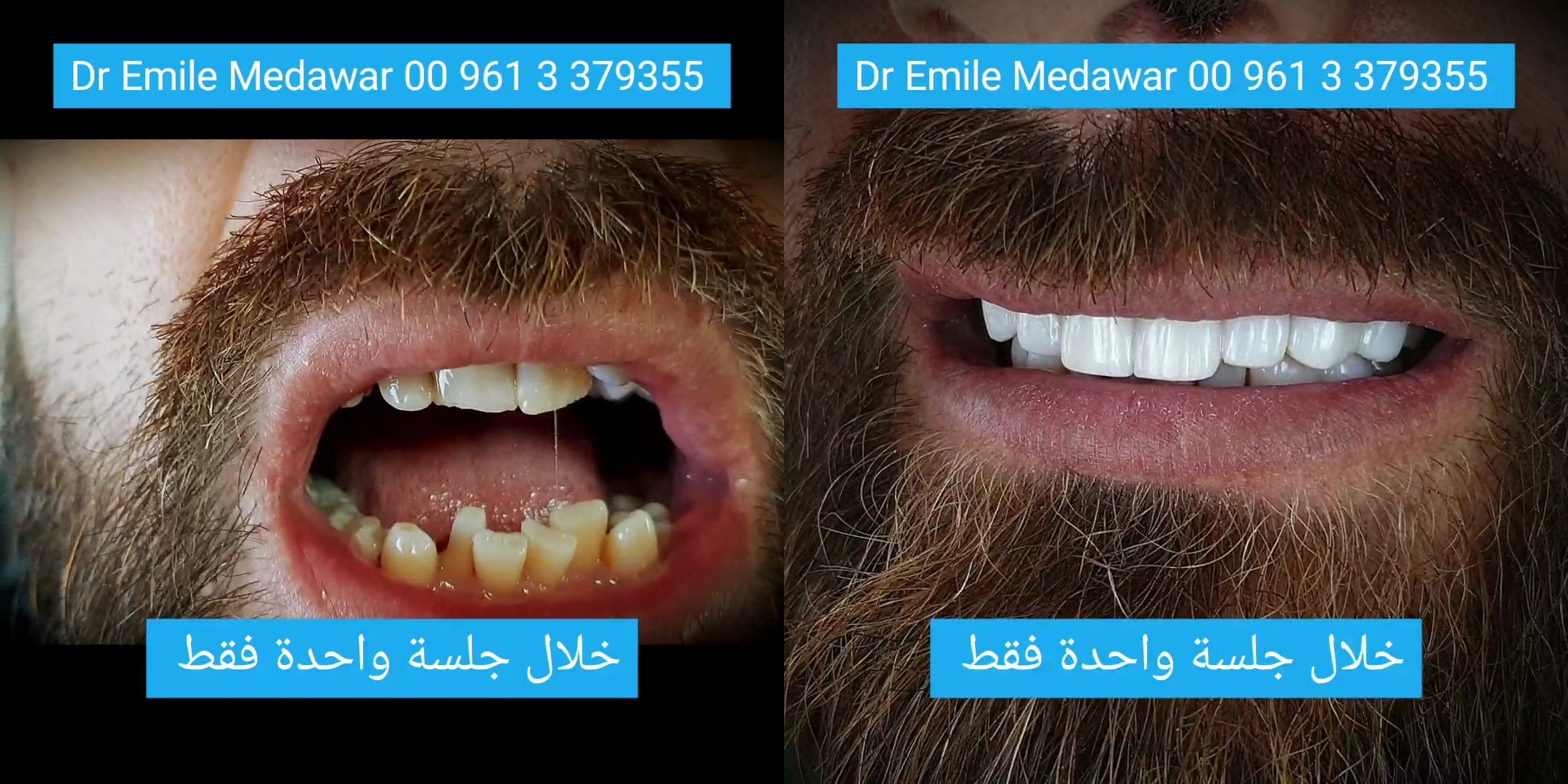Dental Implants in Lebanon Dr Emile Medawar: Advanced Tooth Replacement at Affordable Cost
Introduction
Dental implants have revolutionized the way we restore missing teeth. In Lebanon, dental implants are a popular and effective solution for patients seeking to replace one or more missing teeth with something that looks, feels, and functions like natural teeth. Lebanon’s dentists are highly experienced in implantology, and the country is emerging as a destination for quality dental care that doesn’t break the bank. If you’re considering dental implants in Lebanon, this guide will walk you through what to expect – from the benefits and process to the costs and unique advantages of getting treatment in Beirut or other Lebanese cities.
